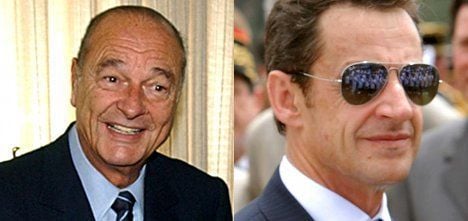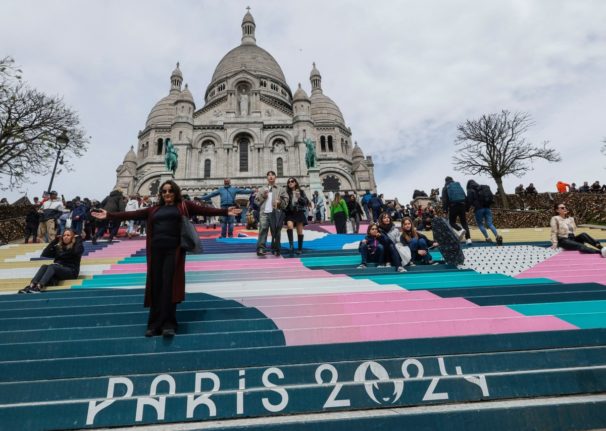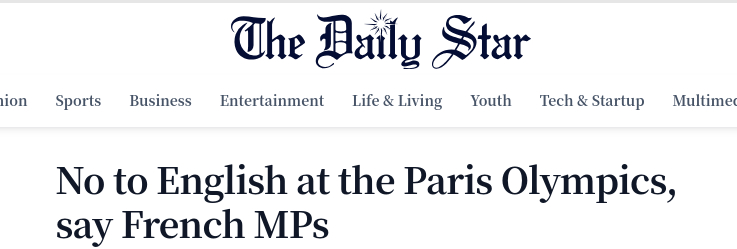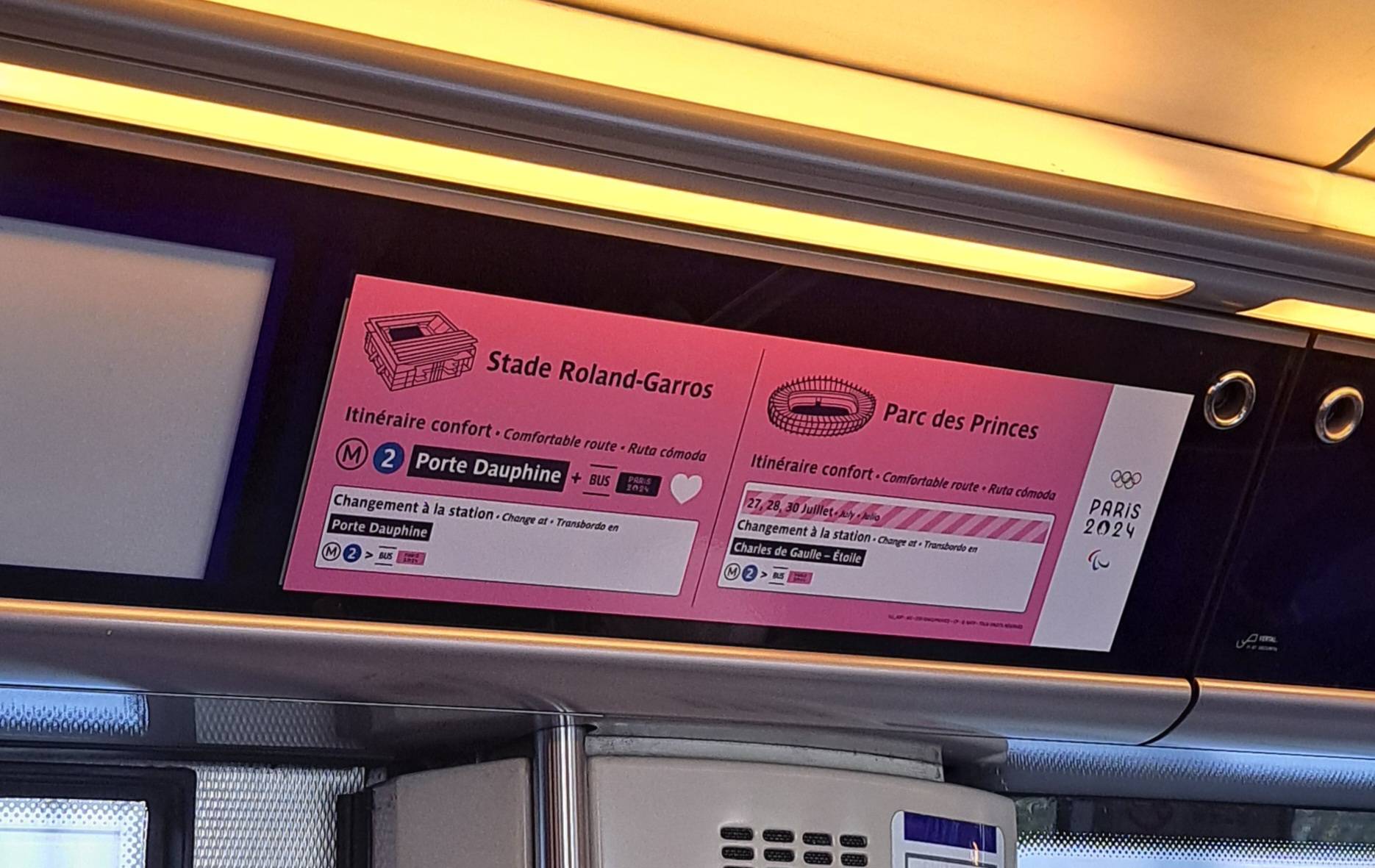French historian Jean-Luc Barre, who helped Chirac write his memoirs, told Le Parisien newspaper the former president had not been joking when he said he would back Hollande, who has spent most of his political life in Chirac’s hometown of Correze.
“Jacques Chirac is true to himself when he says he will vote for Francois Hollande,” Barre said.
“I visit him frequently, we have lunch and dinner together. After four years of discussions I believe I’m one of those who knows best how he thinks,” he said.
Chirac, who was president from 1995 to 2007 ruffled conservative feathers last year when he said he would vote for Hollande rather than President
Nicolas Sarkozy, his ostensible heir at the helm of the UMP party.
Although there is no love lost between the two right-wingers, Chirac, 79, caught flak from former allies and eventually tried to pass off his purported support for the Socialist as “Correze humour”.
France’s first Socialist president Francois Mitterrand sent Hollande to Correze, 400 kilometres (250 miles) south of the Paris, in 1981 to stand against Chirac in parliamentary elections.
Hollande ended up staying in the region, eventually winning a seat for the region and now heads its regional council.
Le Parisien said Chirac’s family was divided over who to back in the vote, with his wife Bernadette supporting Sarkozy.
French voters head to the polls on Sunday for the first-round vote, to be followed by a run-off election on May 6. Polls indicate Hollande is the clear favourite.





 Please whitelist us to continue reading.
Please whitelist us to continue reading.
Member comments